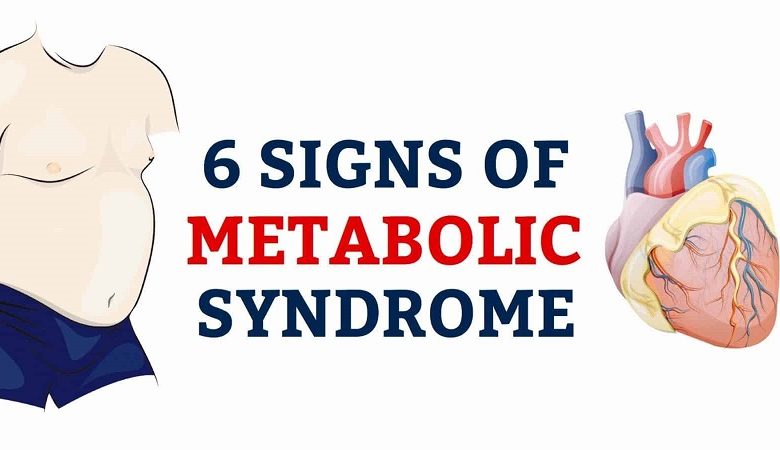What is Metabolic Syndrome Disease ?

If you’ve been diagnosed with metabolic syndrome, you may be wondering what it is and what it means for your health. It is a group of disorders that occur together, and increase your risk for heart disease, stroke, and type 2 diabetes.
It is becoming more common, especially in developed countries. The prevalence is estimated to be between 20- 25% in the United Kingdom. Metabolic syndrome is more common in middle-aged and older adults, but it is also seen in children and adolescents.
Signs of metabolic syndrome
If you’re concerned about your risk for heart disease, stroke, or diabetes, you may want to know if you have metabolic syndrome. It is a cluster of conditions that occur together, increasing your risk for these chronic diseases.
The five signs of metabolic syndrome are:
- High blood pressure
- High blood sugar
- Excess body fat around the waist
- High triglycerides
- Low HDL cholesterol
If you’re concerned about your risk for chronic disease, talk to your doctor. He or she can help you assess your risk and make recommendations for lifestyle changes or medications, if needed
There are a number of factors that can increase your risk for developing metabolic syndrome, including a sedentary lifestyle, unhealthy diet, and certain genetic conditions.
If you have this decease, there are a number of things you can do to improve your health and reduce your risk for complications. Eat a balanced diet, perform daily exercise, and keep your weight under control. If you smoke, quitting will also help reduce your risk. If you have diabetes, control your blood sugar levels with medication and/or insulin. In addition, regular check-ups with your doctor can help you catch any problems early.
If you have metabolic syndrome, it’s important to take steps to improve your health. With the right lifestyle changes, you can reduce your risk for heart disease, stroke, and type 2 diabetes.
Causes of metabolic syndrome
There are many possible causes of metabolic syndrome, but the most likely cause is a combination of genetic and lifestyle factors. Overweight and obesity are the most important risk factors for developing it. Other risk factors include insulin resistance, high blood pressure, and high cholesterol.
Treatment options for metabolic syndrome?
There is no one-size-fits-all answer to this question, as the first line treatment for metabolic syndrome will vary depending on the individual’s individual circumstances. However, some common recommendations for treating it include lifestyle changes (such as diet and exercise) and medications (such as statins or blood pressure-lowering drugs). Super P Force oral Jelly 160 mg, an FDA regulated medication, can be trusted by males to restore their lost manhood and enjoy their mating session.
How can you reverse metabolic syndrome?
It is a cluster of conditions that occur together, and can lead to serious health problems. These conditions include high blood pressure, high blood sugar, and abnormal cholesterol levels. Having just one of these conditions can increase your risk of heart disease, stroke, and diabetes.
If you have metabolic syndrome, making lifestyle changes can help reverse it. These changes include eating a healthy diet, getting regular exercise, and losing weight if you’re overweight. In some cases, medication may also be need to help control blood pressure, blood sugar, and cholesterol levels.
Making these lifestyle changes can be difficult, but it’s important to do it as soon as possible. The longer you have it, the greater your risk of developing heart disease, stroke, and diabetes. So if you think you might have it, talk to your doctor and make a plan to start making lifestyle changes. In addition to lifestyle changes, you can also rely on Kamagra to enjoy fun filled moments behind closed doors. Individuals who want to know where can I buy Kamagra? Must be guide to the secure platform of KamagraUK.com.




